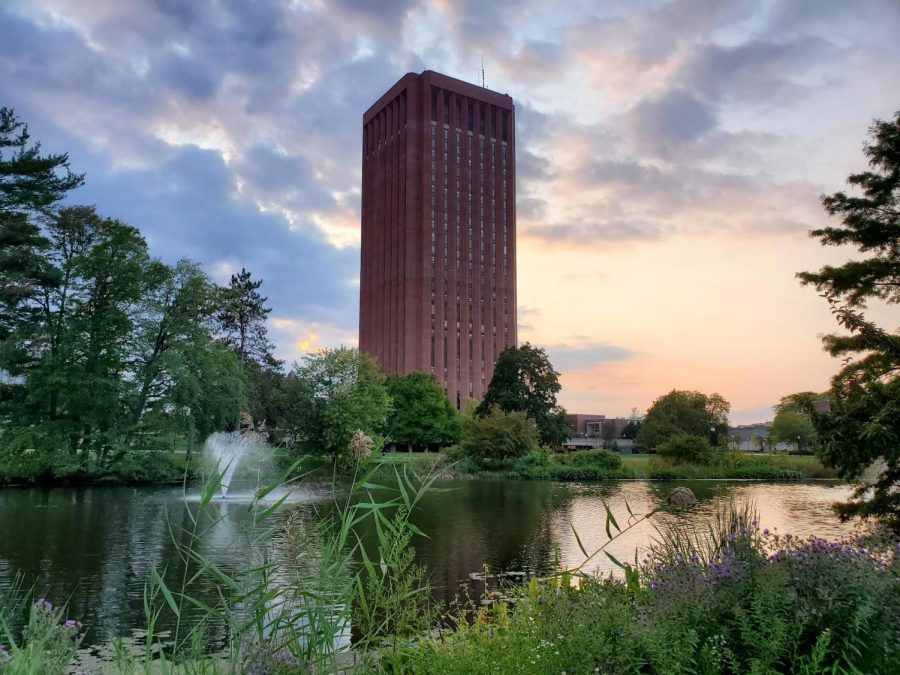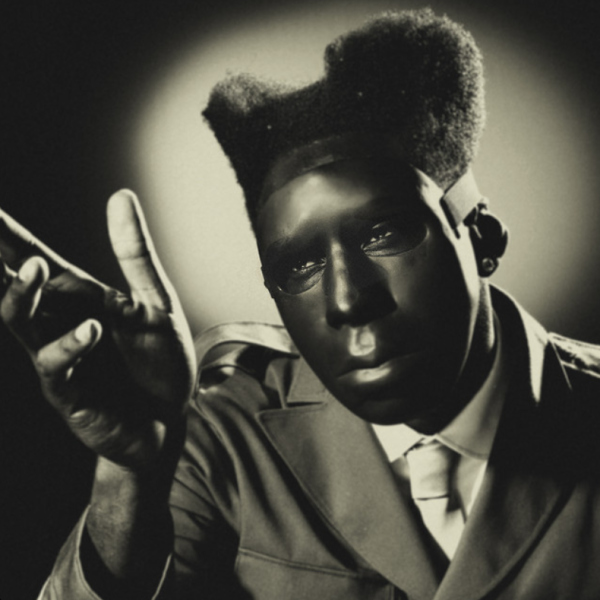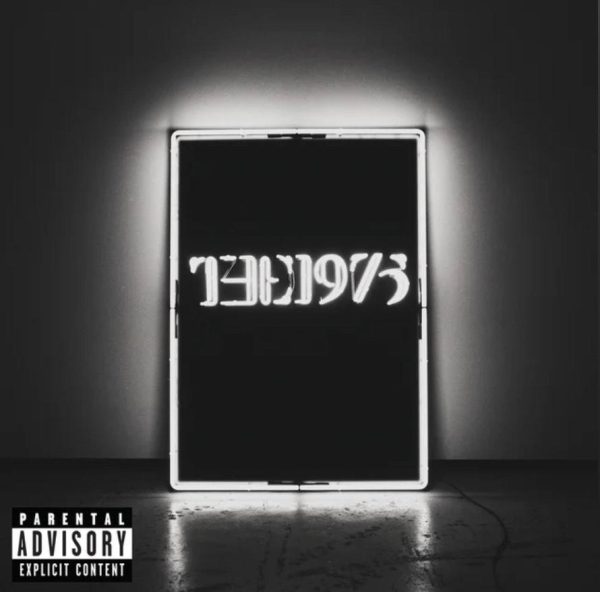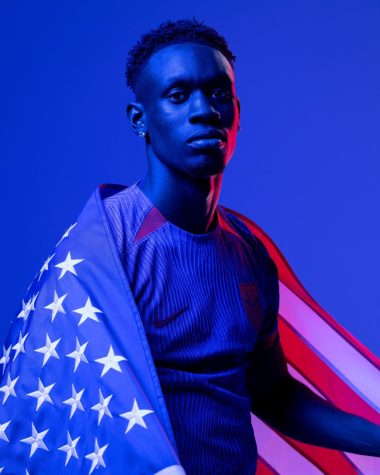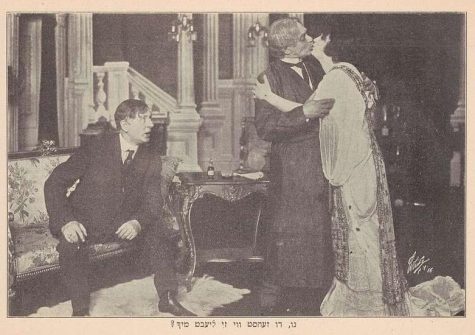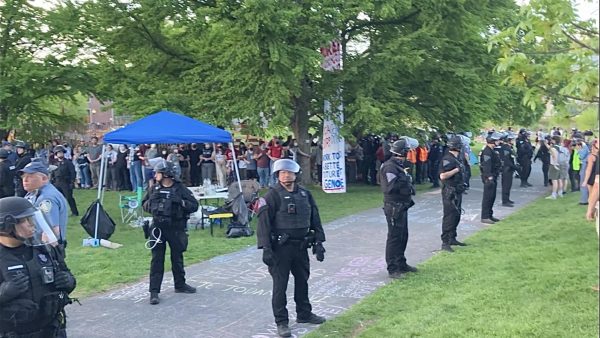Invisibility, My Superpower
My first year at UMass was very challenging, being a young Black and Hispanic woman. Here I talk about situations I encountered, what I observed and how I navigated it all.
Cred. Aliana Liz Tavares
My first year at UMass was very challenging, being a young Black and Hispanic woman. Here I talk about situations I encountered, what I observed and how I navigated it all.
My first day of college was a little odd. I started the day off with an introductory class to my major. The classroom was small, barely big enough to fit all my 40 classmates. As soon as the class began to fill up, I felt uneasy. There were only about two other people in the room that looked like me and that was including my professor. My professor made us arrange the desks and sit in a circle. Our task was to get up and walk around the inside of the circle and look everyone in the eye, individually. As someone who is very anxious in even minor social situations, I hate ice breakers, and this was terrifying.
And so it began, the first student got up and circled the room, nervously staring at everyone’s faces–except for mine. I brushed this off thinking my classmates just wanted to get this awkward exercise over with. But this idea quickly dissipated when I realized most of my classmates were doing that. This exercise was supposed to allow us to meet our classmates, thank them and prepare to learn not only from our professor and work, but from each other as well. My uneasiness from the start grew and I quickly realized that I was very far away from home.
I’m a young Afro-Latina woman being both Cape Verdean and Dominican. I grew up in a city in the south coast part of the state. New Bedford is a melting pot if you will, there are people from all different backgrounds and walks of life. My high school was very diverse. I was comfortable and it was normal to grow up mostly around people like me. You can imagine my surprise when I came to campus and was one of a handful of Black or Hispanic students in the room at any given time. I only realized UMass was a PWI (predominantly white institution) after I got there.
In all of my classes and organizations my fellow classmates/workmates were weird with me. I felt like I wasn’t being seen or heard—like I didn’t belong. White students had a tendency to talk about “the struggle” or Black issues in front of me like they understood it all—I might not have to say this, but they were often very wrong about things. I had students in class who liked to play devils advocate and talk about how they know the solutions to racism and various other social issues with simple and insulting proposals. It was very awkward and ironic to me. I knew that the people in class with me thought they knew it all. I was always being talked over, my thoughts and sentiments went right over their heads. It was startling to see White students I know adoring Black culture and music in their free time and at parties, fake advocating for minorities on social media and then not giving me the time of day in or out of the classroom. They were not willing to respect me, nevermind try to learn from me. So, after a while, I just stopped talking. I let slick comments and microaggressions go because I was tired. I had never been more aware of my identity. It was apparent what the real world was going to look like—that was bleak.
It took a ton of awkward, racist situations and WGSS classes later to find my voice again. Now a junior, I feel I am ready to share my experiences and advocate for those like me. I feel like minority groups are definitely overlooked on campus. Simplifying our issues and doing the bare minimum to make us feel comfortable is not ok. And glossing over these issues can put our mental health and academic performance in jeopardy.
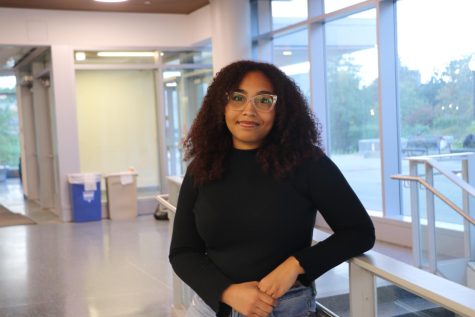
"Success is liking yourself, liking what you do, and liking how you do it" -Maya Angelou

